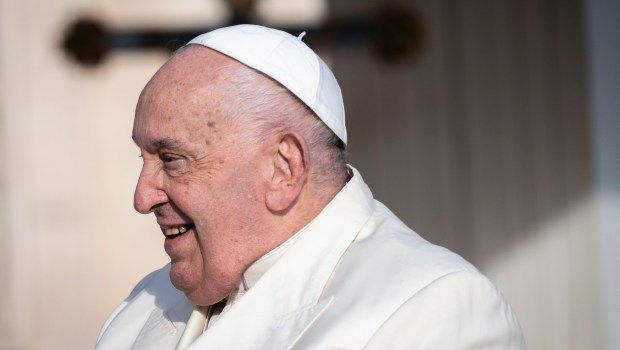Lenten Campaign 2025
This content is free of charge, as are all our articles.
Support us with a donation that is tax-deductible and enable us to continue to reach millions of readers.
“Your Church (...) rightly defines itself as a ‘bridge Church’ between East and West,” explained Pope Francis on November 11, 2024. For the first time in the history of the papacy, he was receiving the members of the Holy Synod of the Malankara Mar Thoma Syrian Church.
With ancient roots, but separated from Rome
This Indian church in the Syriac tradition numbers some 800,000 faithful, both in Kerala and in the diaspora (Malaysia, Australia, the Gulf states, etc.). Claiming to be descended from the Apostle Thomas, it is the fruit of several successive schisms, notably in the 17th century, when a group of faithful and priests refused the Latinization advocated by the Portuguese colonists.
The Malankara Mar Thoma Syrian Church should not be confused with the Syro-Malabar Church, which has been in the news in recent years. Unlike the Malankara Church, the Syro-Malabar Church is in union with the Pope, but is embroiled in a liturgical dispute that has brought a significant part of the priests and faithful to the brink of schism.
Ecumenical commitment
Pope Francis hailed “a joyful day in the long history of our Churches, for it is the first time that the Holy Synod of the Venerable Syro-Malankara Mar Thoma Church has visited the Church of Rome to exchange the embrace of peace with its Bishop.”
He praised the ecumenical commitment of this small Church, which is close to both the Syriac tradition and Anglicanism, and with which Rome has maintained contact since the Second Vatican Council.
Pope Francis himself had previously received representatives of this Church, but never the entire Holy Synod, i.e., all the bishops of this Church.
Synodality and ecumenism
Taking up one of the themes of the synodal assembly held in Rome last October, the Pope explained that “synodality is inseparable from ecumenism, for both are based on the one Baptism we have received and on the sensus fidei in which all Christians share by virtue of Baptism itself.”
“Your Church, I am sure, can help us on this journey of ecumenical synodality,” explained Francis. He also highlighted the prospect of an ecumenical Synod on evangelization, one of the proposals put forward in the Synod's final document.
“Synodality and ecumenism are likewise inseparable because both have as their goal a more effective witness on the part of Christians,” explained Francis.
“Mission is not only the goal of the ecumenical journey; it is also the means. I am convinced that working together to bear witness to the Risen Christ is the best way for us to draw closer together,” reflected the Pope, before praying the Our Father with the members of the Syro-Malankara delegation.










